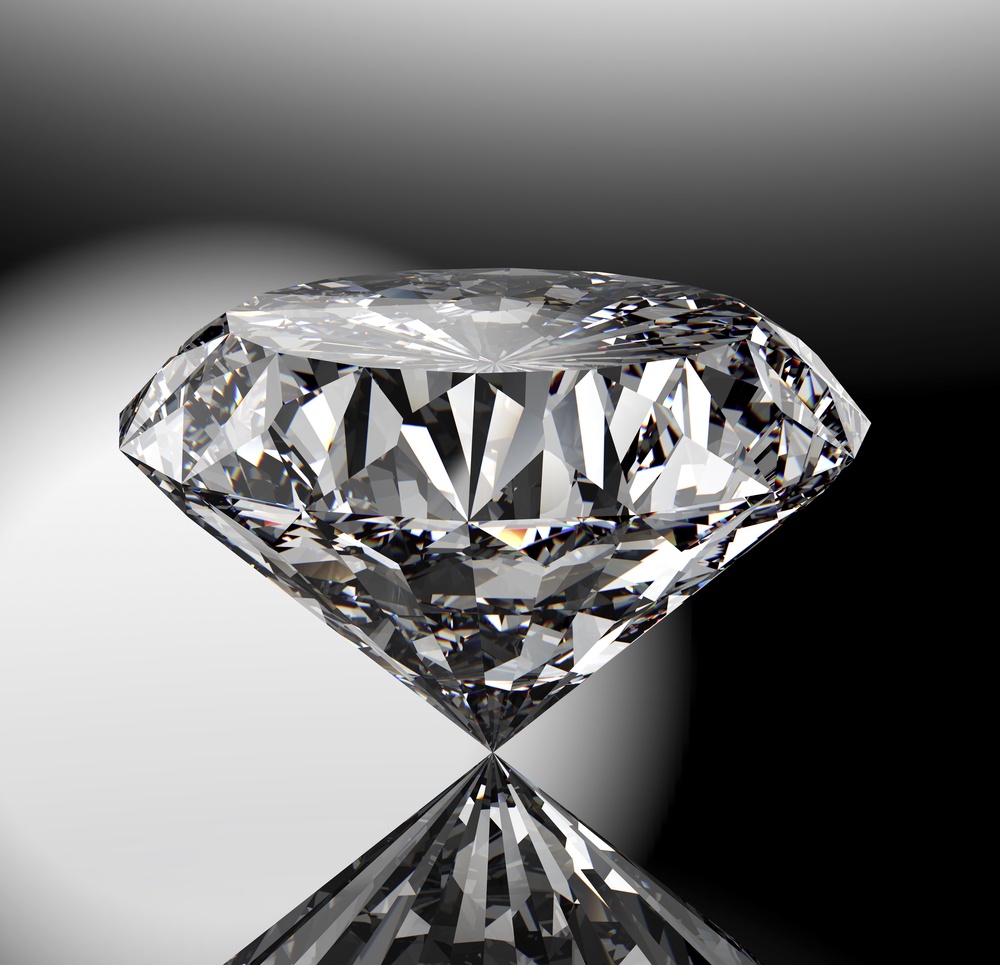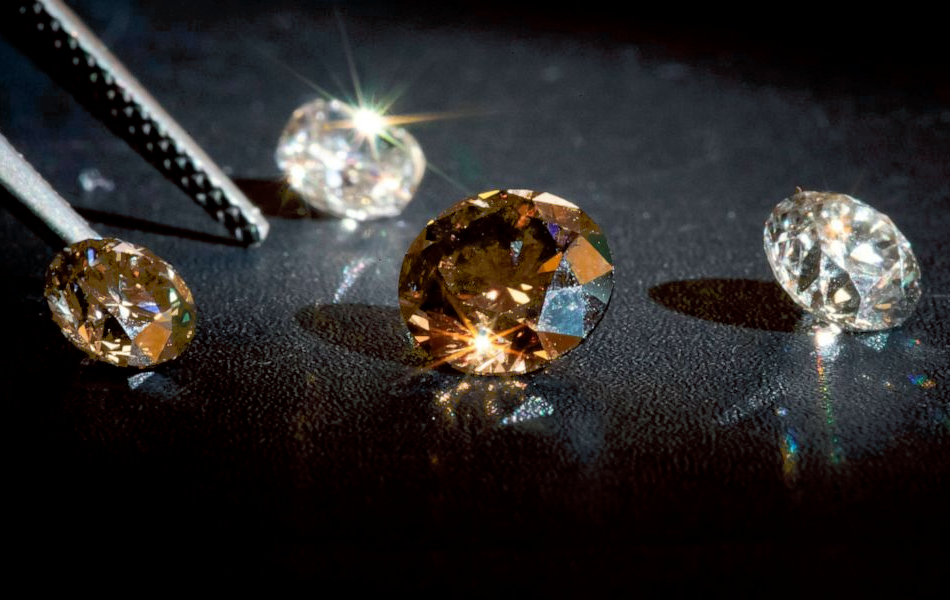When purchasing a diamond, one of the most important decisions buyers face is selecting a reputable grading organization. Two of the most well-known and respected grading institutions in the diamond industry are the IGI (International Gemological Institute) and the GIA (Gemological Institute of America). Both organizations play a crucial role in providing certifications that verify the quality of a diamond, but there are some key differences between them. In this article, we’ll explore the distinctions between IGI vs GIA, helping you make an informed decision when purchasing your next diamond.
What is IGI?
The IGI is one of the largest and most recognized diamond grading organizations in the world. Established in 1975, IGI is known for its focus on both diamond grading and jewelry education. The institute provides comprehensive grading reports for diamonds, including assessments of cut, color, clarity, and carat weight (the four Cs). Many jewelry stores and online retailers trust IGI for providing accurate and reliable diamond certificates.
One of the significant advantages of IGI is its global reach. With offices in multiple countries, it has a significant presence in the international jewelry market. However, when comparing IGI vs GIA, it’s important to understand the differences in grading practices between the two institutions, as these can affect a diamond’s perceived value.
What is GIA?
The GIA, founded in 1931, is often considered the gold standard for diamond grading. The GIA is highly regarded for its strict, unbiased, and consistent grading practices, and it is considered the most trusted and authoritative grading organization in the diamond industry. GIA provides detailed reports that assess the four Cs (cut, color, clarity, and carat weight), and its certificates are widely recognized jewelers and consumers around the world.
One of the reasons GIA has such a stellar reputation is its rigorous standards. The organization follows a comprehensive and scientific approach to grading, ensuring that its certificates are highly accurate and reliable. Many buyers prefer GIA certificates because they feel confident that their diamonds have been graded according to the highest industry standards.
IGI vs GIA: Grading Standards
When it comes to grading standards, the primary difference between IGI vs GIA lies in the grading process and criteria used each organization. Both organizations follow the same basic principles of diamond grading, including the assessment of cut, color, clarity, and carat weight. However, the specific methods used and the strictness of their grading can vary.
The GIA is known for its rigorous standards and conservative approach to grading. For example, the GIA tends to be more conservative when grading diamonds, meaning that diamonds graded GIA are often perceived as slightly more conservative in their grades compared to those graded IGI. This difference can sometimes lead to diamonds graded IGI appearing to have slightly better grades than those graded GIA, even though the actual quality of the diamonds may be quite similar.
Accuracy and Consistency
Another significant point of comparison between IGI vs GIA is the consistency and accuracy of their grading reports. The GIA has a long-standing reputation for providing highly consistent grading, and its certificates are often viewed as the most reliable in the industry. Many jewelers and diamond buyers trust the GIA certificate because of the organization’s commitment to impartiality and precision.
In contrast, while IGI is also respected, some critics argue that its grading may be slightly more lenient, leading to a perception that IGI diamonds are graded higher than those from GIA. This can be important for buyers who are looking for a diamond with the highest level of precision in grading. For those who value consistency and accuracy above all else, the GIA is often considered the safer bet.
Price Differences: IGI vs GIA Diamonds
The price of a diamond can vary depending on the grading report it comes with. Diamonds graded the GIA are generally more expensive than those graded the IGI, primarily because GIA certificates are more widely recognized and trusted in the market. Buyers are willing to pay a premium for GIA-graded diamonds because of the perceived higher accuracy and consistency.
On the other hand, lab made diamonds graded IGI may come at a lower price point, which can make them an attractive option for buyers looking for a more affordable diamond without compromising too much on quality. However, it’s essential to carefully compare diamonds from both organizations, as the price difference may not always reflect a significant difference in quality.
Consumer Confidence in IGI vs GIA
When considering IGI vs GIA, consumer confidence plays a major role in choosing the right grading organization. The GIA is often regarded as the most trustworthy grading institution, especially in the United States, where it has an almost unparalleled level of recognition. As a result, diamonds certified GIA may offer buyers peace of mind, knowing that they are purchasing a diamond that has been graded an industry leader.
While IGI is still well-regarded, it does not carry the same level of prestige as GIA. As a result, some buyers may feel more confident purchasing a GIA-certified diamond, particularly for high-value purchases such as engagement rings. However, it’s important to remember that IGI diamonds can still be a great option, especially for those looking for a more budget-friendly choice.
Which One Should You Choose?
Ultimately, the decision between IGI vs GIA comes down to personal preference and priorities. If you are looking for the highest level of assurance and are willing to pay a bit more for the prestige and accuracy of the certification, a GIA-graded diamond may be the best choice. On the other hand, if you are looking for a more affordable diamond without compromising too much on quality, a diamond graded IGI could be a great option.
When buying a diamond, it is always important to consider the specific characteristics of the stone, such as cut, clarity, color, and carat weight, as well as the reputation of the grading organization. Regardless of whether you choose IGI or GIA, make sure to buy from a trusted retailer and carefully inspect the diamond to ensure it meets your standards.
Conclusion
Both IGI vs GIA offer valuable certifications that help buyers make informed decisions about their diamond purchases. While GIA is considered the most prestigious and trusted organization in the industry, IGI still offers reliable and affordable alternatives. By understanding the differences between the two, you can make a choice that fits your preferences, budget, and confidence in the diamond’s quality. Whether you choose a diamond graded GIA or IGI, always ensure that you are buying a diamond that meets your expectations and shines for a lifetime.




